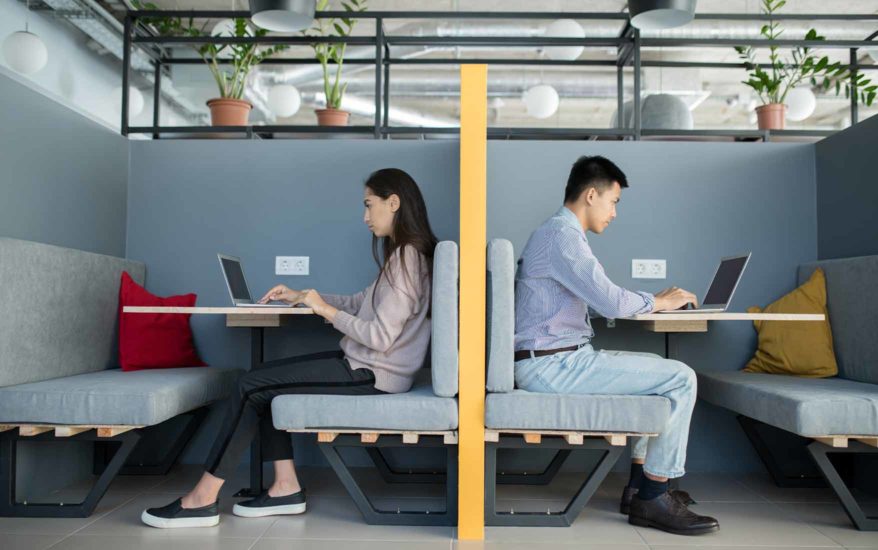
Facilities Management Services teams are the unsung heroes of the modern day office – organising and managing the important day-to-day details is a difficult and often thankless task, particularly when resources are regularly wasted by employees. The wasting of resources in any office is usually due to poor planning and communication, and can easily be avoided with the right strategies in place.
Here are four examples of the most common ways facilities resources are wasted, and the answers to avoid them:
Non-Attendance of Meetings
A common issue in many offices, particularly larger ones. Employees will book meetings and then completely forget about them, with this seemingly happening more as the ‘this could have been an email’ type of meeting continues to rise in popularity. There are easy ways around this issue, with the simplest relying on ensuring meeting room booking systems are linked to employee’s calendars, offering meeting reminders. Putting a ‘bump’ system in place can also be helpful – this is where meetings are ‘bumped’ off and cancelled if attendees do not show up within a certain time slot, ensuring that the empty meeting room is now free for others to book.
Over-Ordering of Catering Items
Not every meeting requires refreshments, yet many employees will insist on ordering tea and coffee for every meeting they organise, where the tea pot, Cafetiere and biscuits sit untouched. The most effective way to discourage the over-ordering of refreshments is to ensure that the cost comes from the budget for each relevant department (for example, the department of the individual who booked the meeting). A blanket ban on ordering refreshments for internal and/or short meetings without sign-off from a senior member of staff is also a useful strategy.
Over-Use of Printers
Both an economical and environmental issue, the over-use of printers is one of, if not the biggest waste of resources in the modern day office. Facilities teams can help avoid a high level of wastage by implementing a clear desk policy, thus forcing employees to avoid pointless printing. However, the most practical way of managing over-use of printers is ensuring that all process management systems are fully digitised, where possible.
Having too Many Desks
Increasingly, modern offices are embracing desk sharing to help keep facilities costs down, as well as promote flexibility within the workplace. It is no longer necessary for every employee to have a personal desk, freeing up valuable office space for other uses and avoiding the cost of setting up desks and technology for every new employee.



